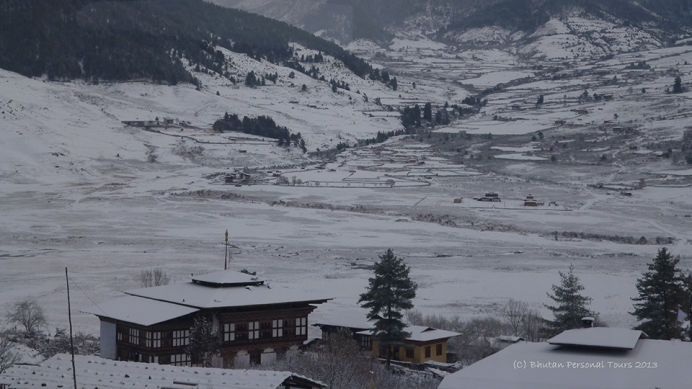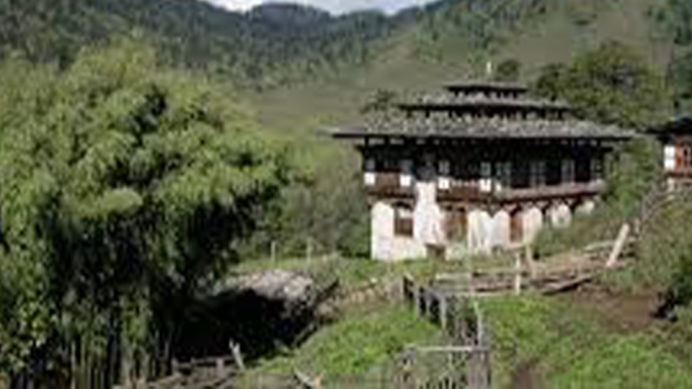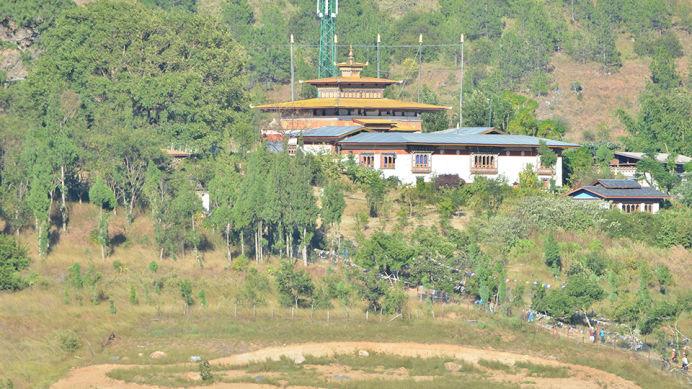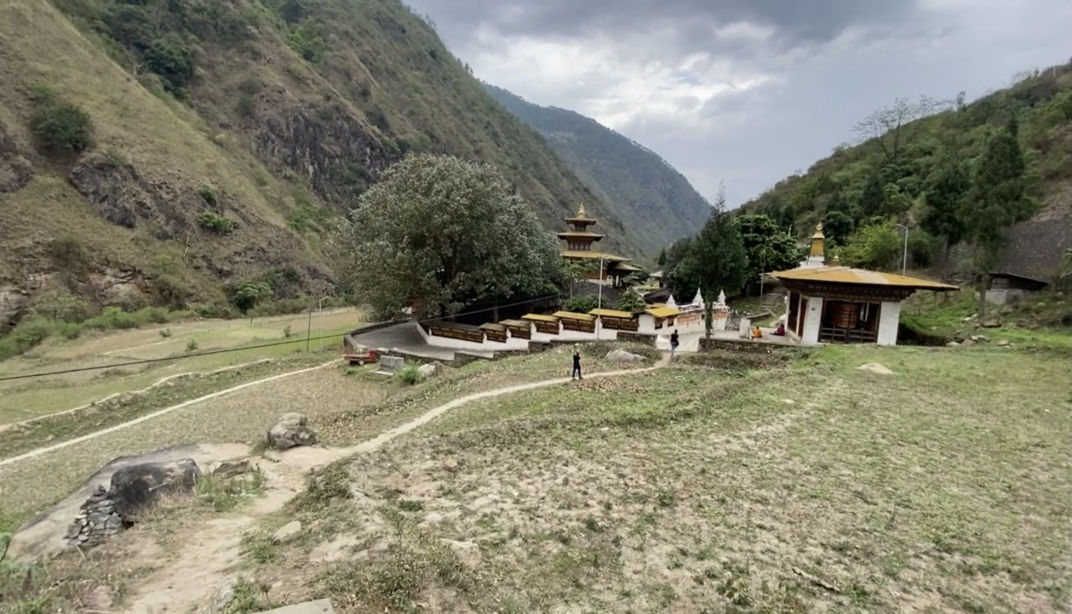The land of spiritual awakening
Trashiyangtse is a rapidly growing town and the administrative and religious center for the people of Trashiyangtse. It was carved out from Trashigang district in 1992 as a separate district. The district pushes up to into the north-east Indian state of Arunachal Pradesh and elevations range from 1000m to 5000 m. Situated in a small river valley, it is a lovely spot from which to take walks in the surrounding countryside. Trashiyangtse is famous for its wooden containers and bowls, which make inexpensive, attractive and useful mementos of a visit to this remote region.
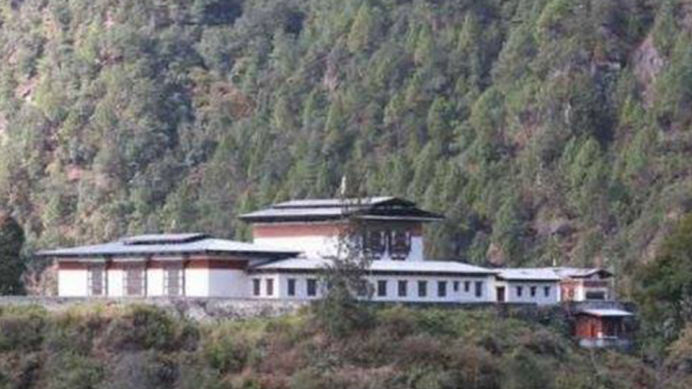
Dongdi Dzong
One of the oldest Dzongs to have been built in the region, Dongdi Dzong is located on a small spur flanked by Kholongchu and Dongdichu. A traditional cantilever bridge over Kholongchu links with the Dzong. It was established sometime in the 8th century by Gongkar Gyalpo, son of Lhasey Tsangma, a Tibetan Prince who sought refuge in Bhutan after his exile from his native country. In the 14th century it was reconstructed by Terton Pema Lingpa and named as Trashiyangtse. The current structure was renovated in the early 1990’s. Today it houses the monk body and a sacred relic is a statue of Avaloketeshvara that was offered as a relic or nangten by the deity of the river.
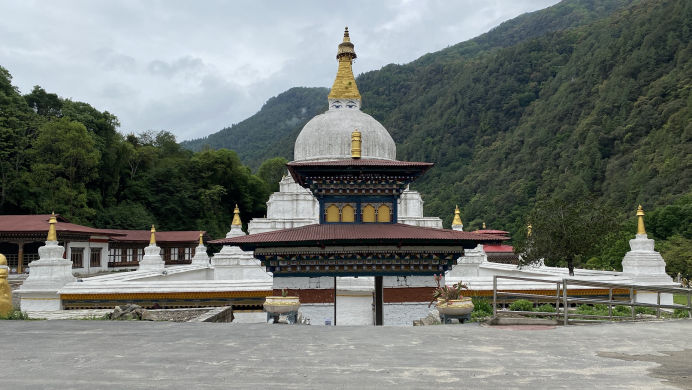
Chorten Kora
This dazzling white stupa is situated on the riverbank below the town. Constructed in 1740 by Lama Ngawang Loday, it is built in the same style as Bodnath Stupa in Nepal, with eyes painted at the four cardinal points. It was consecrated by the 13th Chief Abbot Sherub Wangchuk. During the second month of the lunar calendar there is an interesting celebration here, known as ‘Kora’ during which it is frequented not just by the locals from eastern Bhutan but also by the people from Arunachal Pradesh.
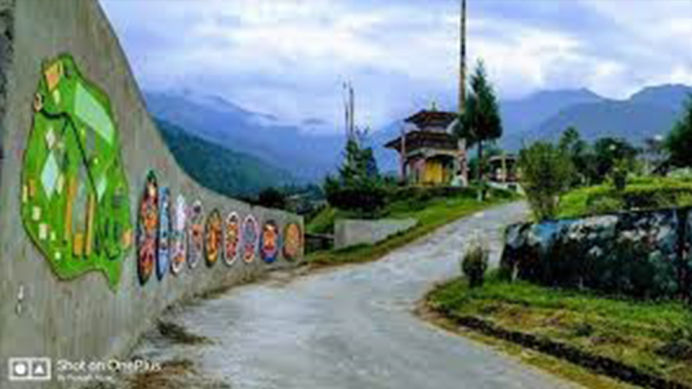
Institute of Zorig Chusum
A visit to the traditional institute of Arts and Crafts above the town will provide you with an insight into the different arts and craft works practiced in Bhutan. The institute started a few years back and with support from the Government, trains many school drop outs in the arts and crafts.
